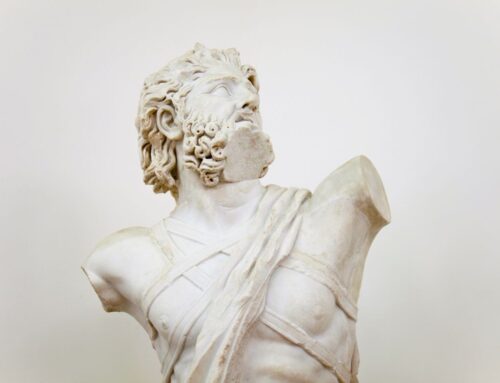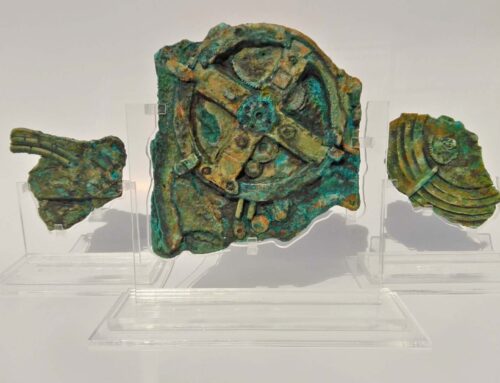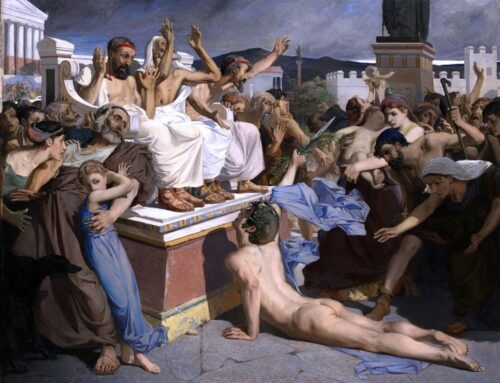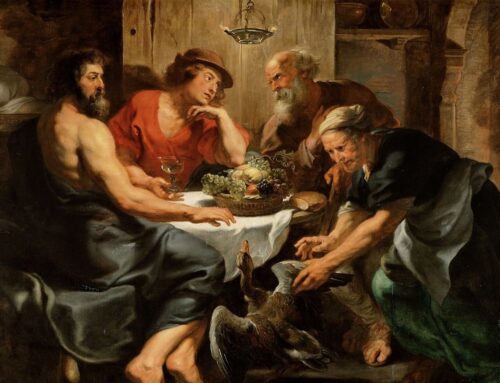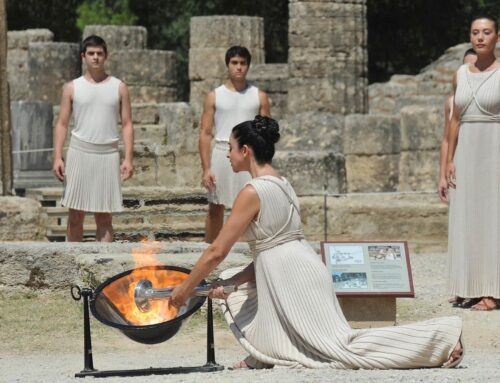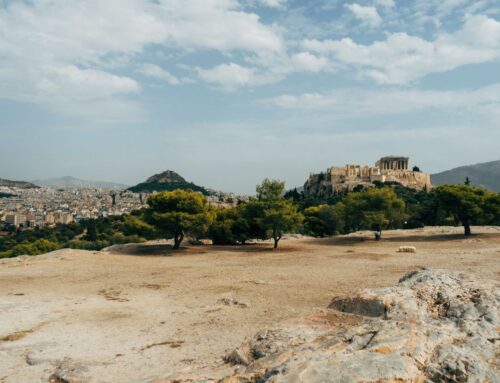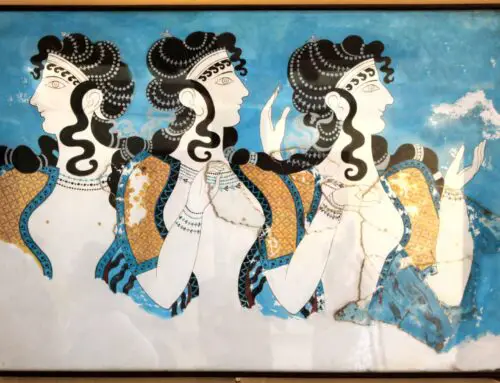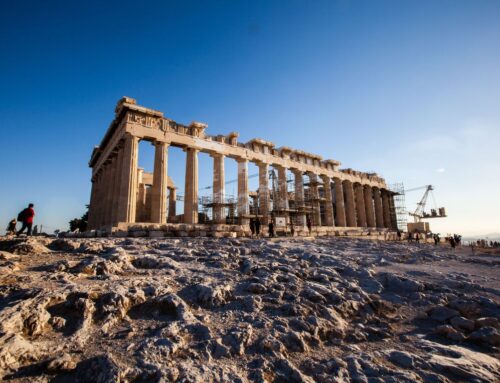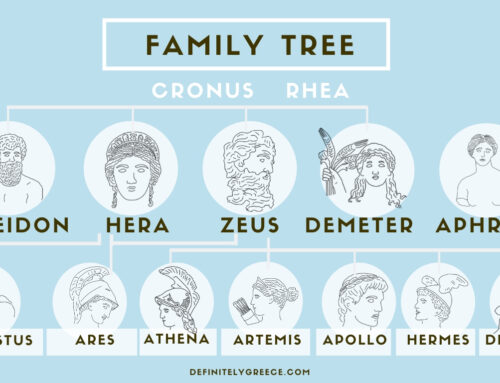30 + Absolutely Crazy And Fun Facts About Ancient Greece
30 + Absolutely Crazy And Fun Facts About Ancient Greece
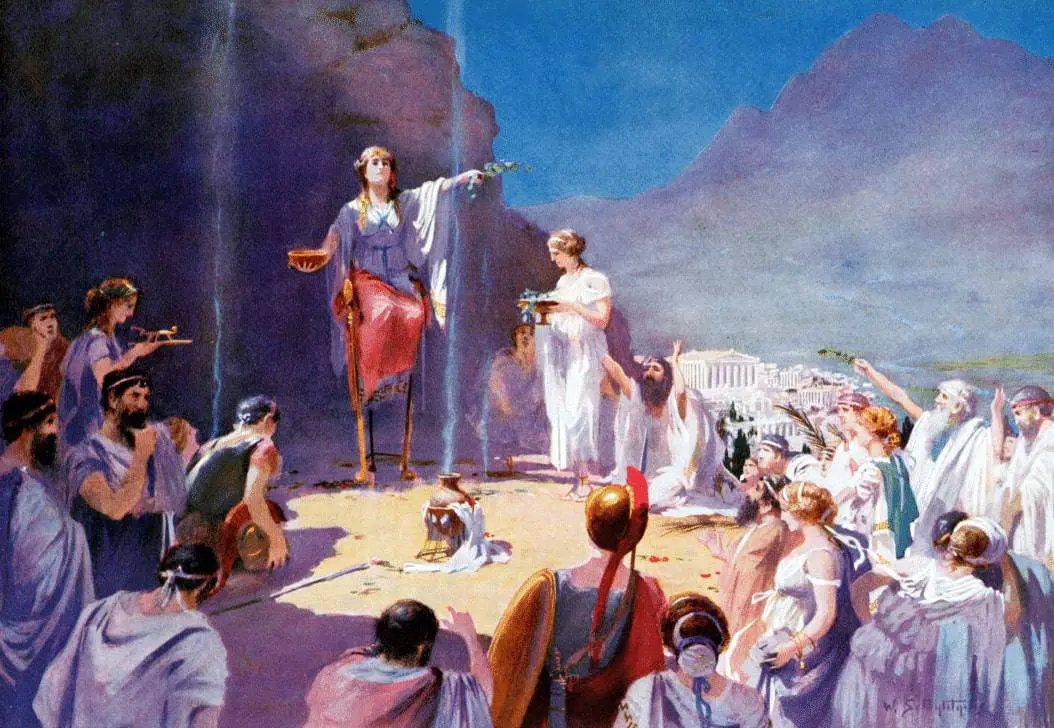
☞ Table of Contents:
When think of facts about Ancient Greece, your first thought might be dates, names and numbers (yawn). But these facts about Ancient Greece are the most entertaining on the internet. If you know more than a few of these facts about Ancient Greece we will be extremely impressed.
Fun Facts About Ancient Greece
- Cheesecake was invented in Ancient Greece. Ancient Greek cheesecakes were made out of flour, wheat, honey and of course cheese! These cheesy delicacies were used in wedding traditions and were even given to competitors in the Olympics for energy.
- So were vending machines. Cheesecake wasn’t the only revolutionary invention the Ancient Greeks came up with. A little different to what you use today the first vending machine dispensed holy water, not chocolate bars. The coin-operated device ensured that worshippers received only their allotted amount of holy water in the absence of a priest.
☞ Related: The Most Innovative Greek Inventions We Still Use Today
- A fun fact about Ancient Greece is that Greece wasn’t called Greece! In ancient times it was referred to as Hellas. The word ‘Greece’ originated from the Romans, it derived from the Latin word Graecia literally meaning ‘land of the Greeks’. Now Greece is officially called the Hellenic Republic.
- Idiot. The word idiot can be traced back to Ancient Greece! Although the meaning differs to the one it has today. It derived from the Greek word ἰδιώτης which referred to someone who did not take part in politics or public affairs.
☞ Related: Greek Words In English That Will Surprise You
- In Ancient Greece the unibrow was fashionable. It was considered a symbol of beauty and intelligence and women painted the gap between their natural eyebrows to give the appearance of one big brow! If painting their eyebrows didn’t achieve the desired look, some women would use animal hair, stuck on with tree resin!
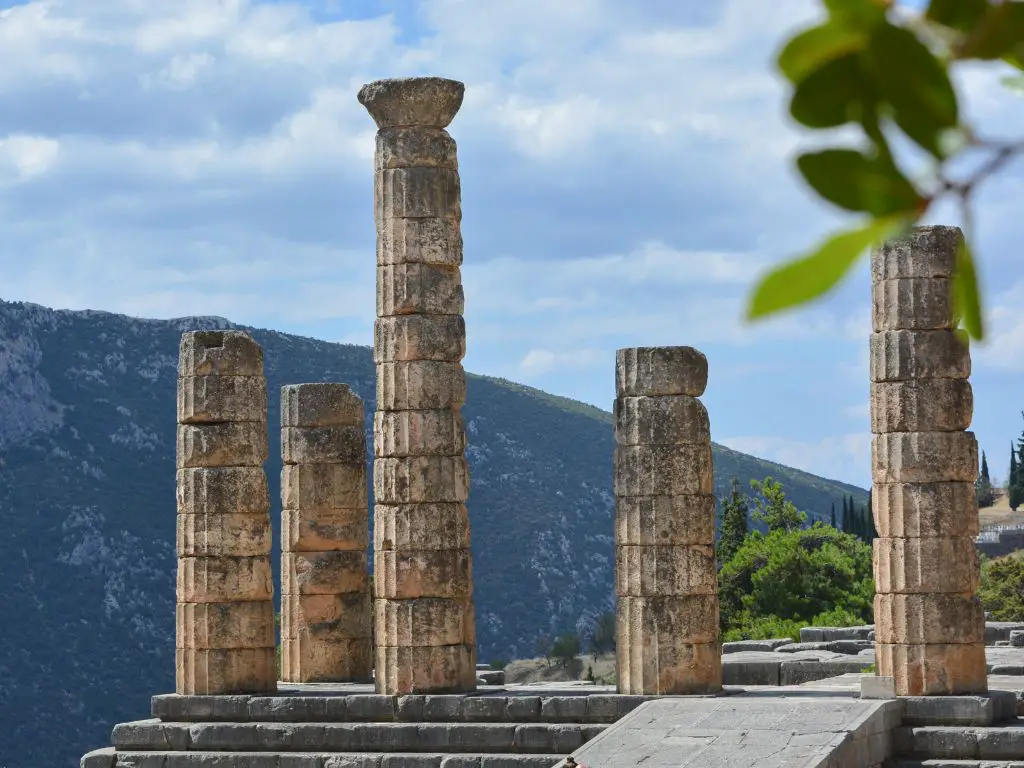
Some Crazy Facts About Ancient Greece
- The most famous oracle in Ancient Greece lived in Delphi at the Sanctuary of Apollo. Pythia,who was the high priestess of the Temple of Apollo at Delphi, would channel the god Apollo. Her power was thought to come from vapours that were released from within the temple. More recent geological findings confirm this belief. The temple of Apollo is in fact situated right above a sacred chasm emitting what is now identified as ethylene, a sweet-smelling gas with hallucinogenic properties.
- Infanticide was common in Sparta – The most fierce and well known warriors in Greece had some ruthless rules. Every newborn was to be inspected and if any physical defects were found the baby would be abandoned and left to die.
- The Parthenon has been blown up. The Acropolis is an iconic symbol of Athens and the Parthenon has a long and interesting history. It has been turned into a Christian church, a mosque, had its marbles stolen and even been blown up when Greece was under Ottoman rule.
- Some of the Greek gods were downright horrible – The ancient Greeks worshipped the 12 Olympian gods, but some of these gods were pretty cruel. Zeus was a prolific adulterer and Hera (his wife) kicked their baby son off Mount Olympus!
- Ancient Greeks used stones as toilet paper!
- The city of Athens was named after the goddess Athena.
- Athens was also the birthplace of democracy.
- In an attempt to avoid tyranny citizens could vote to have a politician ostracised. This meant they had to leave the city for 10 years!
- Ancient Greeks invented the first computer! – the Antikythera mechanism has been labelled the world’s first analog computer. Built over 2,000 years ago It was designed to predict astronomical events such as solar or lunar eclipses. An invention with this level of complexity was not seen again until the 13th century!
Interesting Facts About Ancient Greece
- Greek Statues were not white. Even though all the statues from ancient times you see today in museums are white marble, they were once painted and adorned with bright colours. It is only due to ageing that the colours have faded.
- The running event, marathon, was named after the city in Greece called Marathon. This is where Pheilippides, a Greek messenger, is said to have started running until reaching Athens, in order to announce the victorious result of the Battle of Marathon that took place in 490 BC. According to the story, Pheilippides ran more than 40 km and died from exhaustion soon after.
- The Olympic Games originated in Greece. They were held every four years in Olympia in honour of the Greek god Zeus and there was only one Olympic event. A running race called a stadion.
- Only men were allowed to participate and they fought naked!
- Greece is home to some of the most famous philosophers like Socrates, Plato and Aristotle.
- Greece also has many important female philosophers.
- The Minoan women of Greece were unlike any others in ancient times. From fighting bulls to being more important than men in society, they still baffle historians today.
- There are plenty of famous female rulers in Greece like the Amazons and the Spartans.
- An interesting fact about Ancient Greece is that Santorini is believed by some to be the lost city of Atlantis. Even Plato mentioned it in his writings.
- You can visit many of the famous islands mentioned in Greek mythology. Crete, Ithaka, Kythira and Lemnos just to name a few.
☞ Related: Your Master Guide to All Greek Islands and How to Pick One
- Some of the most famous pieces of art in the world originate from Ancient Greece, like Nike of Samothrace and Venus of Milos.
- Same-sex relations in Ancient Greece were commonplace and not discriminated against. Many believed the famous Greek hero Achilles and Patroclus to be lovers.
- Hercules is actually called Heracles. Yes, the famous Greek hero, known for his 12 labours is called Heracles in Greece. Heracles was originally named Alcides. However, Hera was one of the worst Greek gods for seeking revenge. Of all Zeus’s illegitimate children, Hera hated Hercules the most. In a vain attempt to placate her, his mother (Alcmene) named him Heracles meaning ‘Hera’s glory’. His name was later romanised as Hercules.
- A fact about Ancient Greece you should know is that Alexander the Great was arguably the greatest military leader of all time and was responsible for creating one of the most expansive empires in history. He was tutored by the Greek philosopher Aristotle.
- The ‘Father of Medicine’, Hippocrates, hailed from Ancient Greece. The physician is credited to the famous saying ‘let thy food be thy medicine and thy medicine be thy food.’
- Homer was quite possibly the greatest poet to ever live. His epics, the Iliad and The Odyssey are as influential today as they were hundreds of years ago.
- The ancient theatres in Greece were designed in such a way that those in the back rows could hear the performers. You can still experience these fantastic acoustics for yourself, like at the Odeon of Herodes Atticus in Athens.
For history enthusiasts seeking assistance in crafting their trip to Greece, don’t hesitate to contact us via email or click the link below to schedule a free consultation tailored to your historical interests.
*Disclaimer: This page might include affiliate links. If you decide to book something through one of them, I might get a little bonus, but it won't cost you anything extra.*


